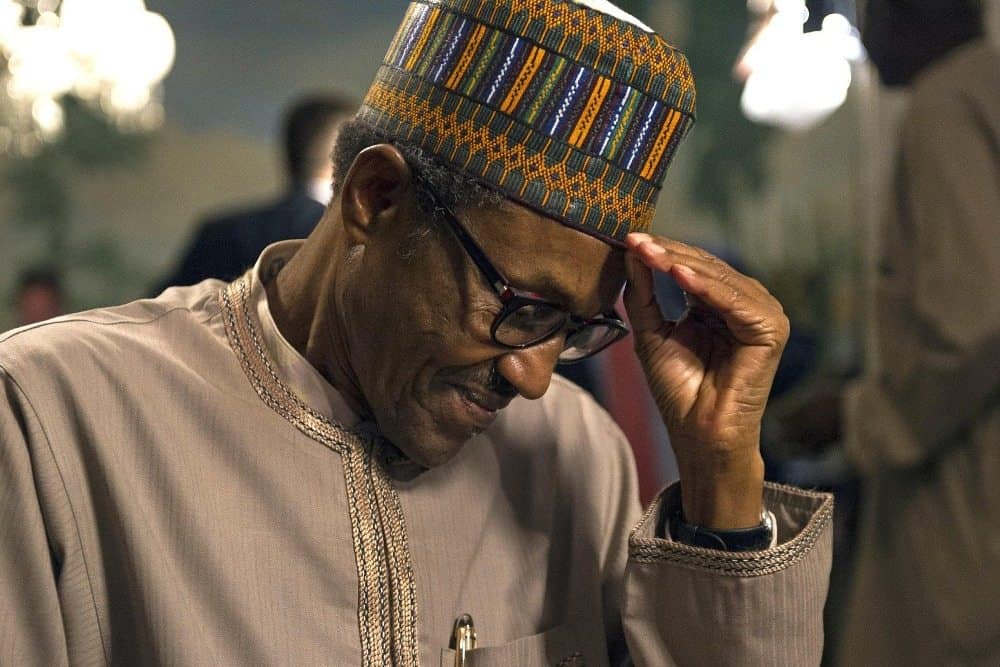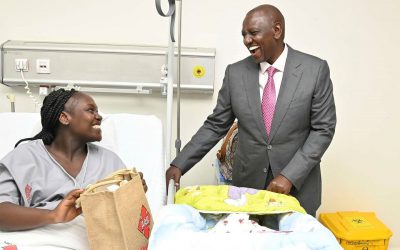When Nigeria’s President Muhammadu Buhari announced through his spokesman in June 2016 that he would be undertaking a 10-day trip to the United Kingdom (UK) to treat an ear infection, the uproar was unbelievable. He was widely derided by many who accused him of perpetuating the same medical tourism which he had campaigned against. A former president of the Nigerian Medical Association, Dr. Osahon Enabulele claimed that Buhari’s action undermined the local health system in the country and contributes to capital flight which was in excess of $1bn. People questioned how grievous the ear infection could be that no Nigerian doctor was found worthy to examine. Ignoring the uproar, Buhari left for the UK.
When his spokesman, Femi Adesina, wrote on January 19th, 2017 that President Buhari would head to the UK once again as part of his annual vacation, with a tacit line that the President will undergo “routine medical check-ups”, the public discomfort was unquestionable. It was becoming evident that the suspicions about the President’s fragile state of health were more than rumours; reports of prostate cancer were not too far from the media, and prominent voices called for the President to speak the truth about his condition, but they went unheeded. What was publicly presented as a three-week vacation quickly turned into a seven-week period of discomfort and hushed tones. Rather than question the prolonged absence of their President, Nigerians were admonished to pray for his quick recovery. When he eventually returned to Nigeria, Buhari failed to answer questions about his health or to resume work in his office, he only mentioned that he had “never felt so sick since he was a young man”, but claimed to have recovered.
It was therefore no surprise, but nonetheless utterly frustrating when it was announced less than two months after that he was returning to the UK for further treatments. Once again, Nigerians were told to ask no questions about his exact condition, but to continue to pray for his quick recovery. In a country which houses more religious centres than institutions of learning, and one which favours prayer above reasonable action, patience was fast running out. Questions were asked about who was funding the President’s treatment, but the questioners were roundly lectured in respect for elders by the unpopular Minister of Information, Lai Mohammed whose common retort was that there was no cause for alarm and that the President would return home when his doctors released him. His Personal Assistant on Social Media, Lauretta Onochie, then went on national TV to scold Nigerians for being disrespectful in asking persistent questions about the President’s health. For three months, the charade over the President’s health was played out on the pages of newspapers, on national TV and on social media sites before photos suddenly began to emerge from Abuja House in London. First it was the Vice President who visited for his photo-opp, then some state governors, then party chieftains, then the President’s social media team, then the Senate President and the House Speaker, and then Pastor E.A. Adeboye. It seemed as though the queues from Lagos/Abuja to London couldn’t get any longer. In all these photos, Buhari appeared to be healthy and smiling, while his grovelling subjects almost couldn’t believe their good fortune to be in his presence.
After so much uproar, street protests, vandalism of property, and endless social media memes, President Buhari is now back in Nigeria; and he has made one unconvincing TV appearance to show that he is alive, but the drama was not over. Apparently someone in Aso Rock had released a stream of undetected rats into his office during the past three months such that the furniture in the President’s office had been eaten up, warranting the President to work from home indefinitely. Who really comes up with these cock-and-bull stories? There are many more creative ways to express the President’s preference for working from home while he continues his recovery, but … rats?
Perhaps the most upsetting component of this charade around the President’s health is the gross disrespect to citizens who are funding the President’s care. To think and say that Nigerians do not have a right to know the health status of the person whom they elected to lead them is absolute foolishness. To cover that up by saying that the presence of an acting president suffices is further foolishness. Yes, no one can predict the nature of illnesses and no one is eternally protected from them, but it is wrong to assume that citizens do not have the right to information about what ails their leader. It has already been mooted that the President might return to the UK again for further treatment, and that will not be a surprise when it happens. He is an old man. What will be most disappointing is if his media team continues to spew out such disrespectful statements to the citizens whose taxes are responsible for his aircraft maintenance, aviation fuel, hospital bills, and the numerous other costs of bed rest.
May wisdom prevail.
Faith Abiodun is the Executive Director of Future Africa





